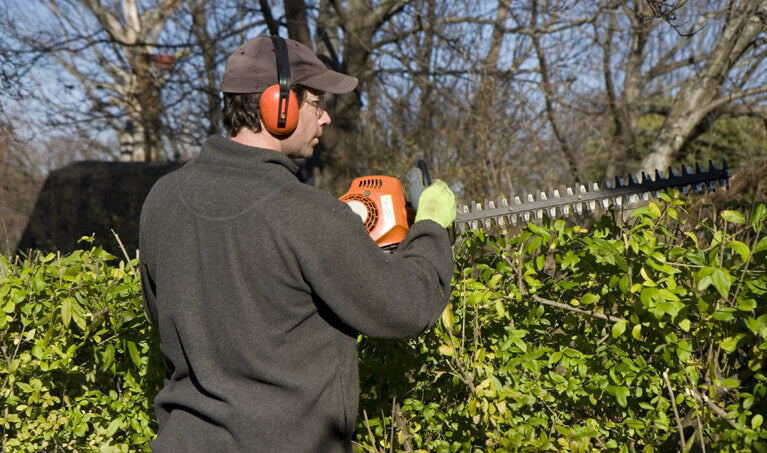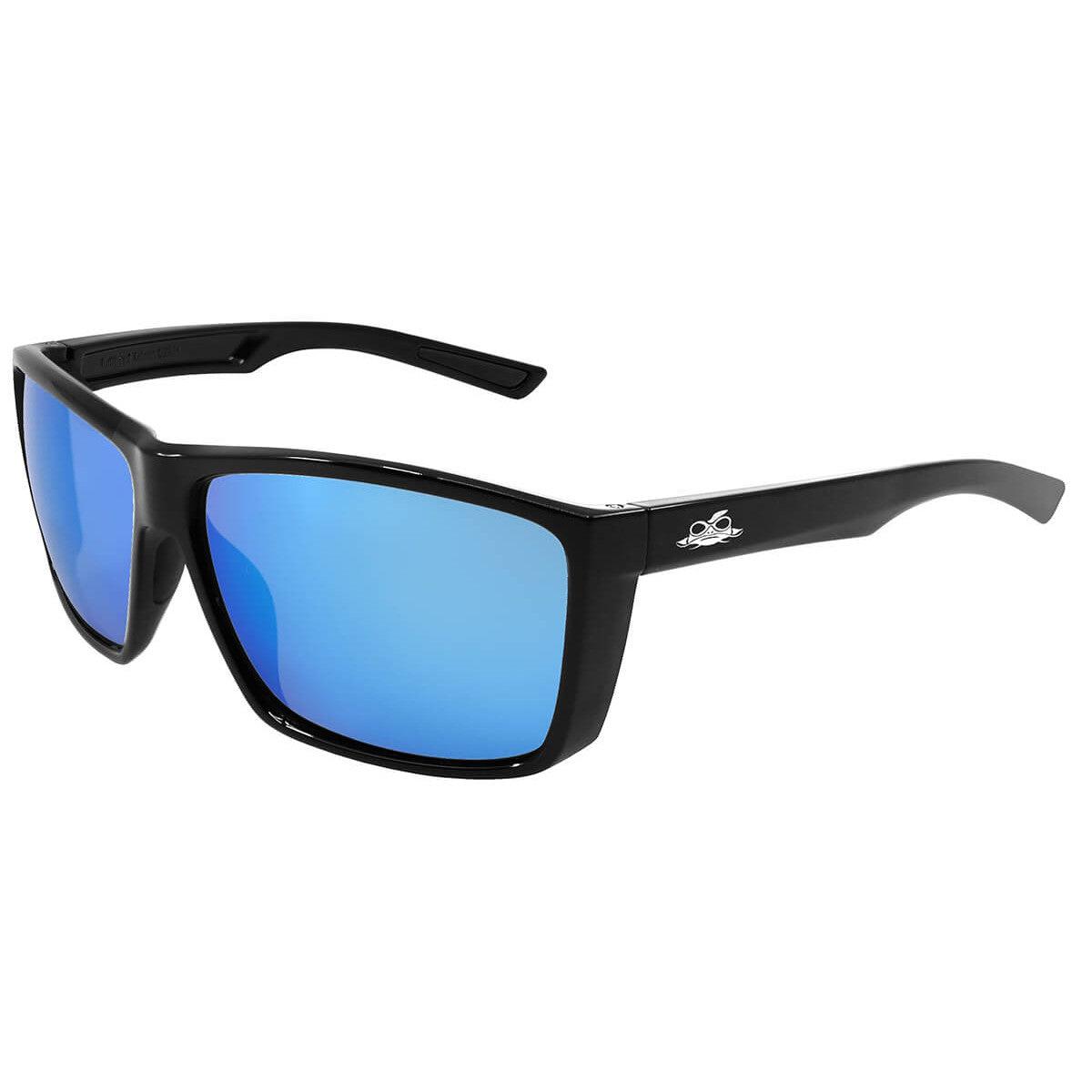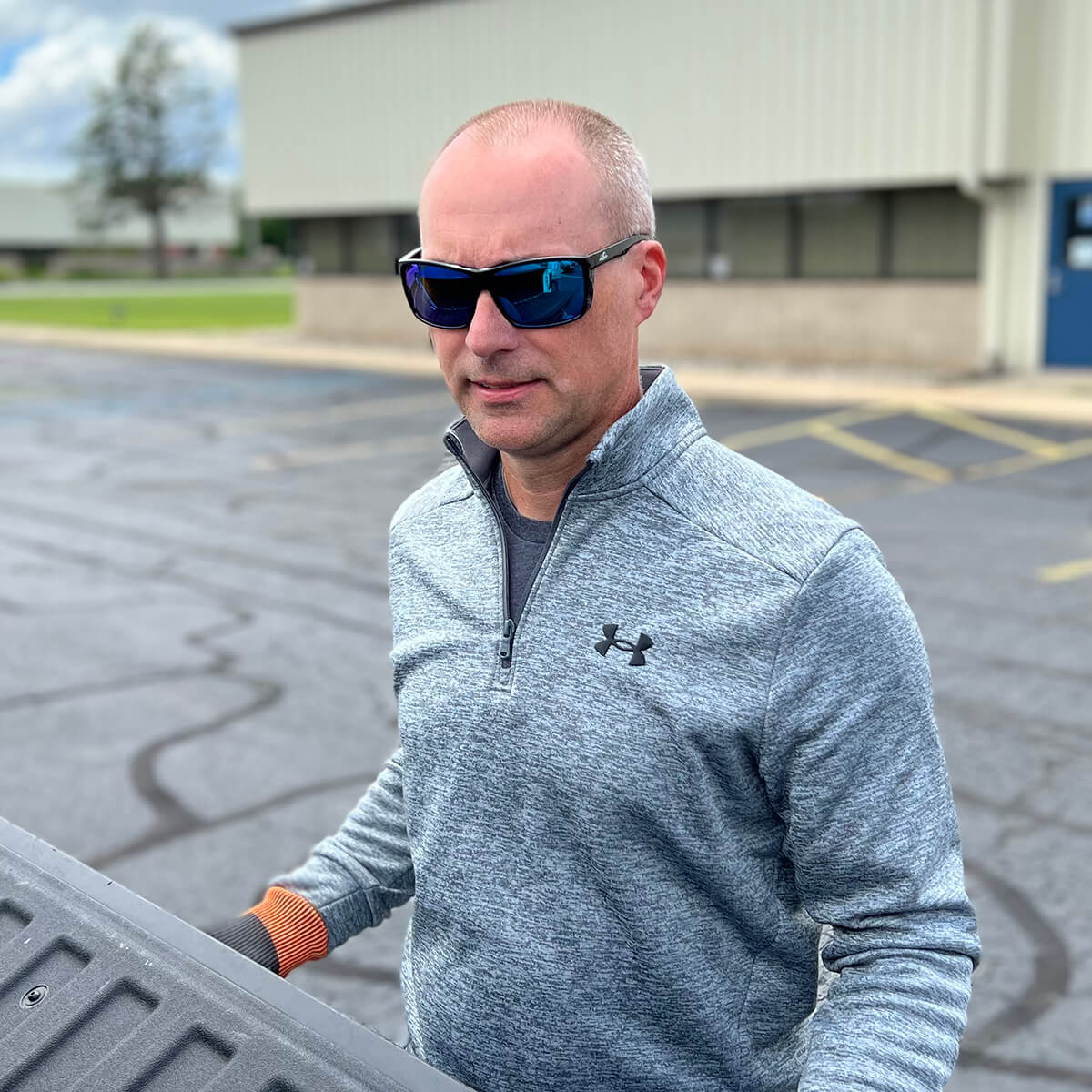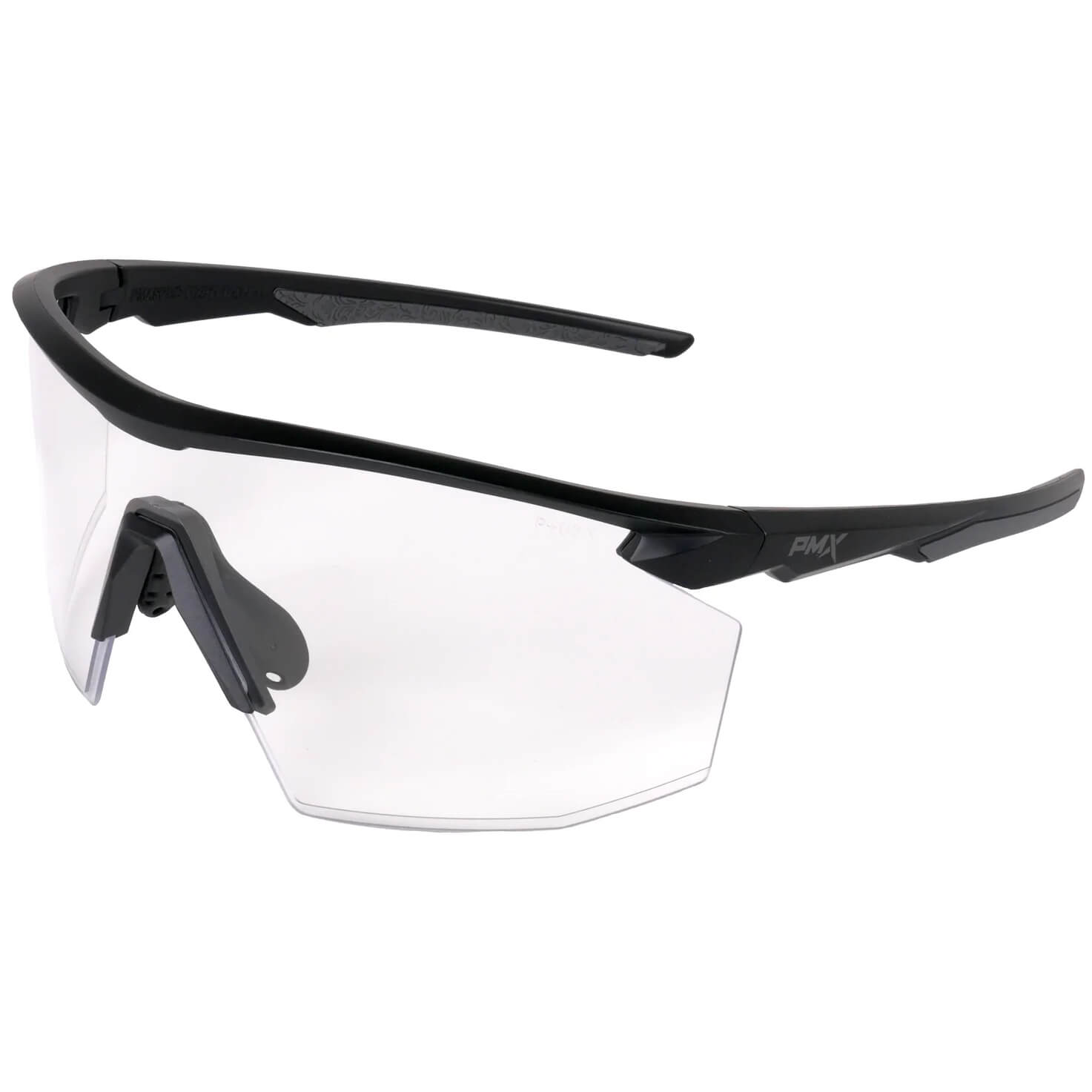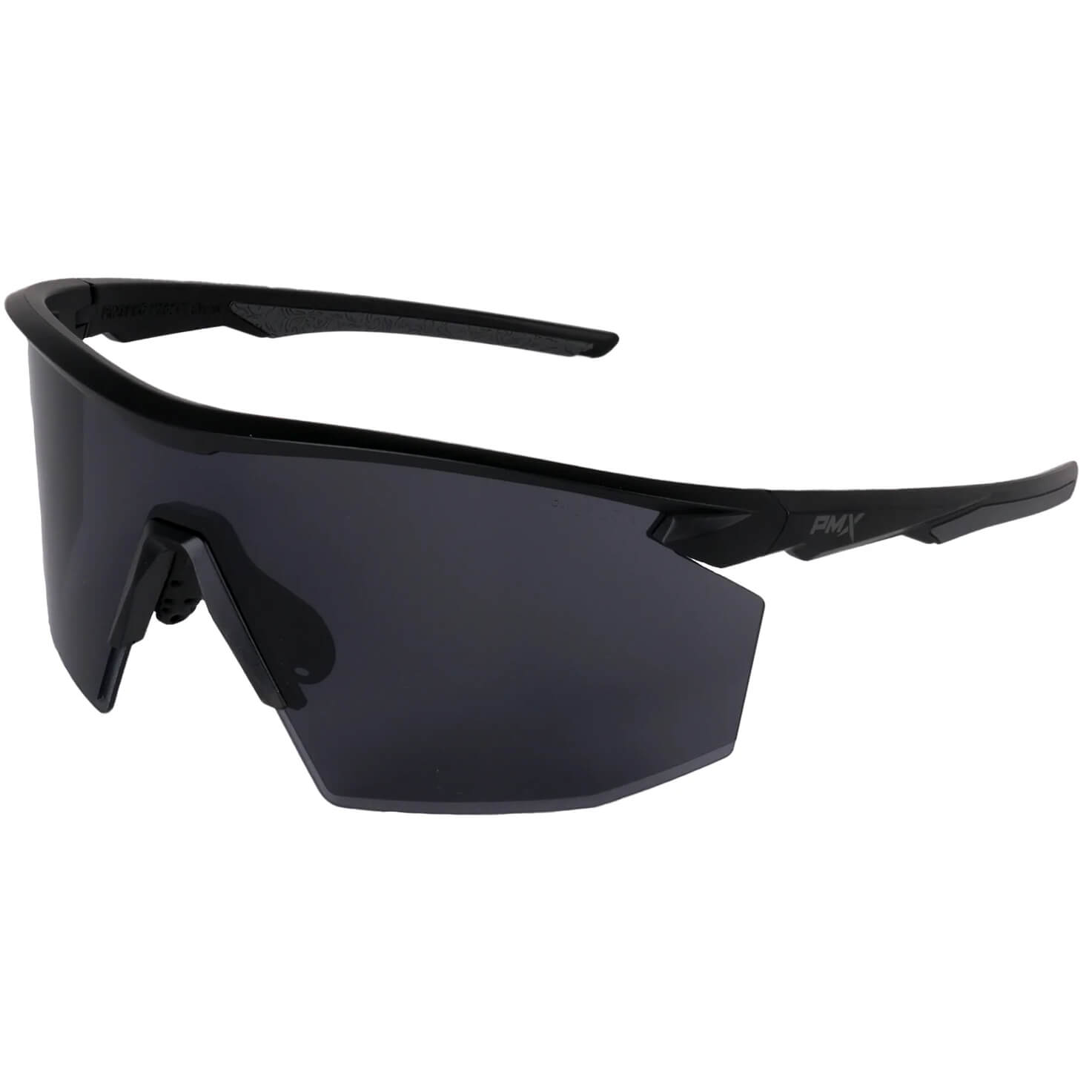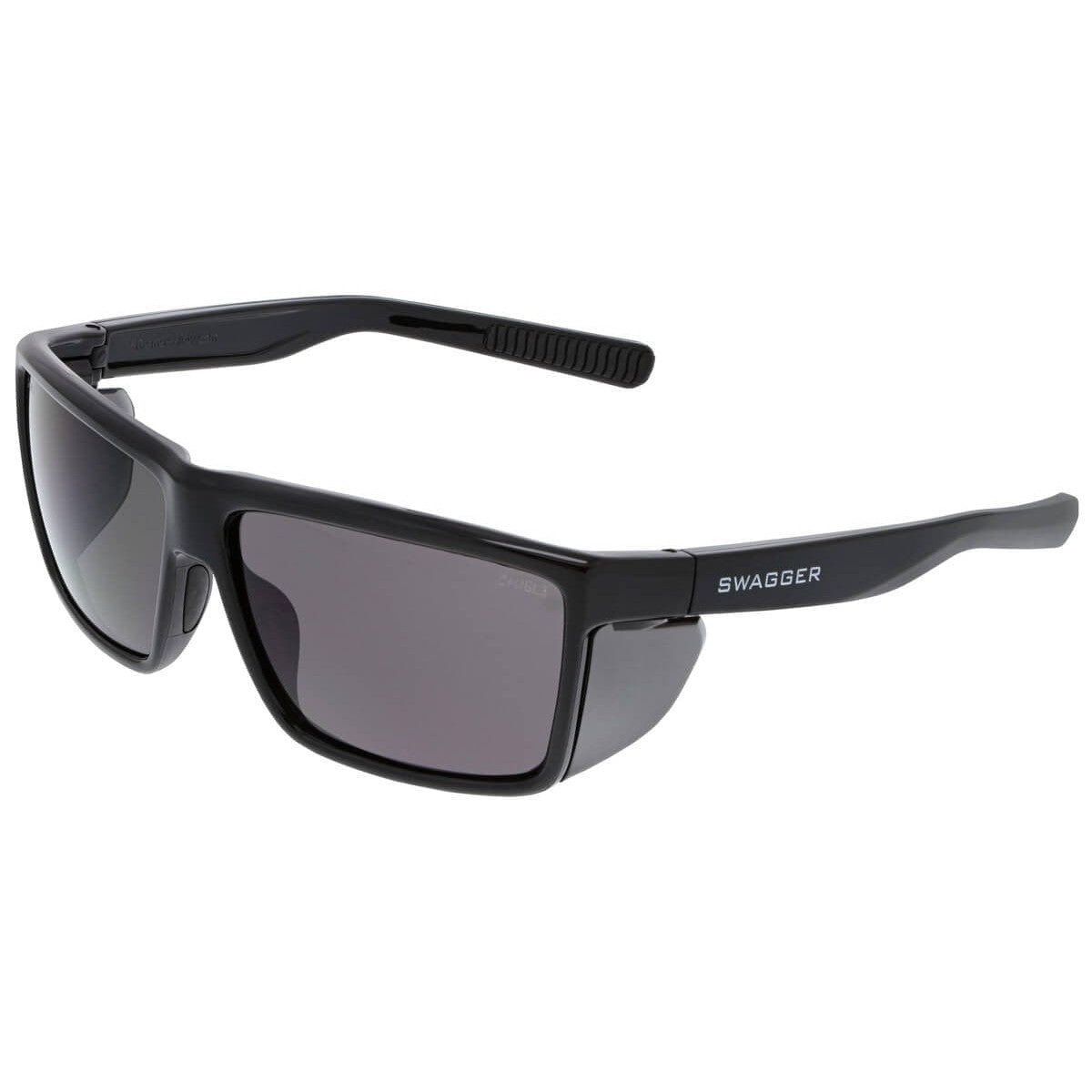Get Your Yardwork Safety Gear Ready
Yardwork can be hazardous to your health, so getting your gear ready for yardwork safety is important. In fact, some of the most used equipment such as leaf blowers, mowers, hedge trimmers, and weed whackers are notorious for kicking up debris and turning small stones and chewed up sticks into harmful projectiles.
Each year, nearly 80,000 Americans require hospital treatment from injuries caused by lawn mowers… The most common injuries were caused by strikes from debris, such as rocks and branches, propelled by the mower’s spinning blades. (Johns Hopkins Bloomberg School of Public Health)
Fortunately, most yardwork accidents like these are preventable by wearing only a few pieces of safety gear and following some easy rules.
Use Safety Gear Consistently & Correctly
All workplaces should have their own set of mandated safety rules and regulations, and many of them provide terrific safety guidelines for working in the yard, too. Your backyard workplace has as many different types of hazards as any factory. Knowing this can help you be ready with the protective gear you'll need to stay safe while working outside.
At the top of most safety regulations is the requirement to wear protective safety gear consistently and correctly. Understanding that is key to embracing these five common-sense safety measures.
Five Rules for Yardwork Safety
1. Always wear eye protection. Your eyes are your most important and most vulnerable sensory organs. So, it's imperative that you wear proper eye protection every time a hazard is present.
Most people do not think about wearing eye protection while cleaning, cooking, doing yard work or working in the garage. However, half of all eye injuries occur when doing these everyday chores, according to the American Academy of Ophthalmology (AAO). Although 90 percent of all eye injuries are preventable by wearing the proper eye protection, the AAO reports that 78 percent of those injured were not wearing any protective eyewear. (Occupational Health & Safety)
2. Always wear hearing protection. Gas powered mowers and blowers make enough noise to damage hearing. Loud noises kill nerve endings in the inner ear over time, and prolonged exposure eventually destroys these nerve endings. As the nerve endings decrease, so does hearing. The damage is permanent, too. The longer the exposure to a loud noise and the closer to the source of excessive noise, the more damage done to hearing. So, be sure to Prevent Hearing Damage with Proper Hearing Protection.
3. Always wear safety goggles, gloves, and a respirator when working with lawn and garden chemicals such as pesticides, weed killers, and fertilizers. These three pieces of protective gear are imperative when mixing chemicals to ensure they cannot enter the body through the skin or respiratory system. Additionally, mix chemicals away from children and pets and in a location with proper ventilation and disposal supplies.
4. Always wear gloves and protective footwear. Yardwork safety means wearing the right work gloves and hand protection as well as proper safety footwear. There are many different types of gloves available for specific tasks. Likewise, the proper footwear protects toes, arches, and ankles and provides traction and insulation.
5. Always keep power equipment running properly and use the provided safety features. Read your owner's manual before using equipment. Also, make sure equipment is in good condition and that safety features are properly intact. Ensure safety from injuries such as tripping and falling by using equipment (e.g., ladders, pressure washers, etc.) only as designed and only for their intended purposes. Also, give clear instructions to children to stay a safe distance from any lawn equipment that is running,. Always keep pets away while operating the equipment as well.
Every year, while mowing the grass, cutting a branch, or power washing a deck, at least 100 people die and an estimated 143,000 are injured badly enough to require a trip to the emergency room. (Consumers Reports)
Be Prepared for Yardwork Safety
Before venturing out to tackle all that yardwork, be prepared with the right safety equipment and the right approach to safety. Paying attention to safety with the same focus that factory and other workplaces have with their safety programs will go a long way in keeping you and your family free from yardwork-related injuries.

